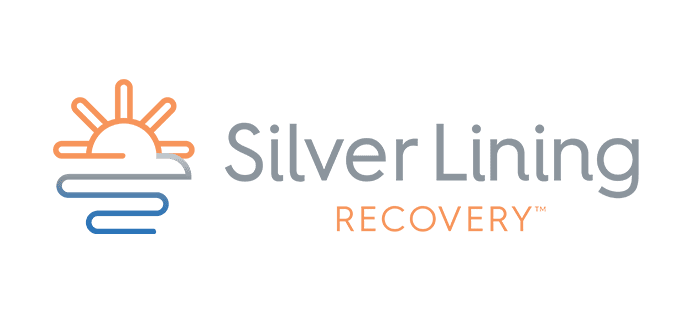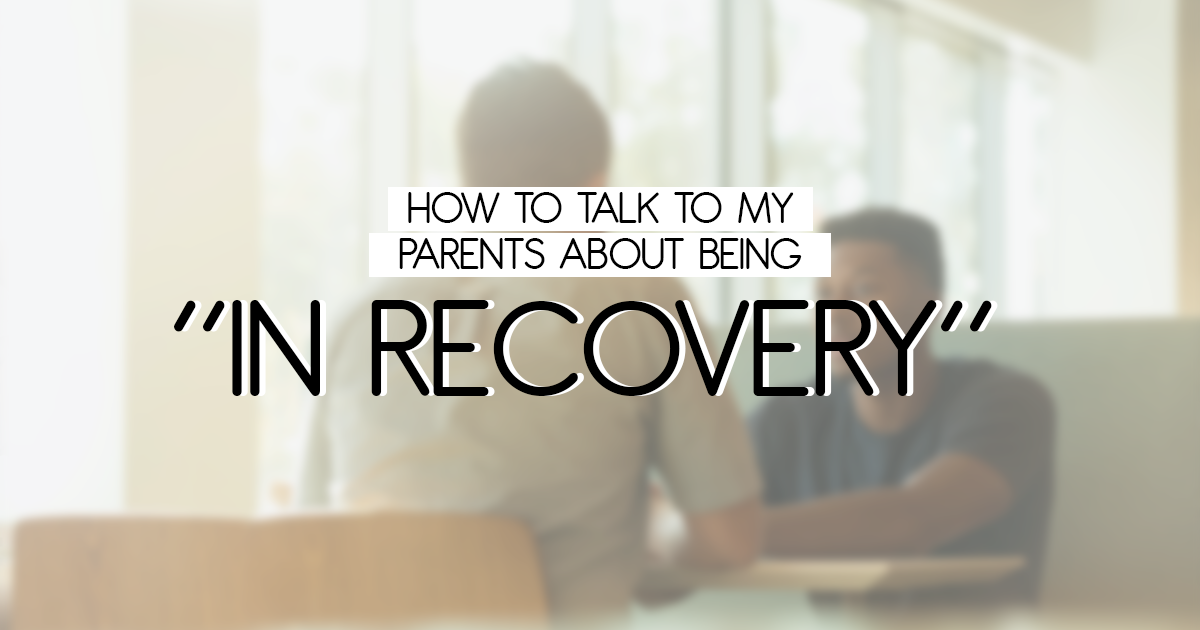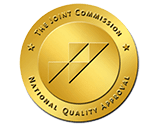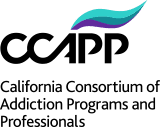Being in recovery from a substance use disorder or alcohol use disorder is something to be incredibly proud of. When you’re in recovery from addiction, you have accomplished something significant. However, you may feel nervous or worried to talk to people about it, particularly being a woman in recovery.
You might not know how to bring up the conversation. You could be uncomfortable sharing things about your past alcohol or drug addiction, mental health, and recovery process.
Eventually, when you’re ready, it is important to tell the people you love about your recovery plan, including your parents and immediate family members.
Below, we talk more about what it means to be in recovery from addiction and how to talk to people, including your parents, about it.
What Does It Mean to Be in Recovery from Addiction?
What does being in recovery mean?
According to the Mental Health Services Administration, being in recovery from addiction to alcohol or drugs can be a little different for everyone. Everyone is on their own recovery journey, but in general, it’s the period after you go to treatment for addiction.
- Your recovery is a phase of your life when you’re working to move past addiction and into a new period of your life.
- A lot of power comes with being a woman in recovery because it shows you know there is a problem and you are taking steps to fix it. Being in recovery doesn’t mean an immediate solution to all of your problems. The recognition of the problem is ultimately what’s most important.
- Most of the time, when someone says they’re in recovery, they are actively receiving treatment for drug or alcohol addiction. The term is similar to being in remission from a chronic disease.
- Being in remission doesn’t mean you’re cured because there is often no cure for chronic disease. Instead, being in remission or recovery means that you manage your symptoms and that your disease is under control.
- You can be in recovery for your entire life, and it’s very much an active phase. Recovery is a process, and you progress in that process as you move along it.
- During this phase, you are working to stop using drugs and alcohol and regain control over your quality of life.
Recovery isn’t a term that exclusively refers to addiction. For example, you can be in recovery following a criminal rehabilitation program when you have a criminal record. You can also be in recovery from disorders such as anorexia or bulimia or behavioral addictions like gambling addiction.
The process is one of change where you’re working to achieve improved mental and physical health and wellness. You live a self-directed life, meaning one you’re in control of, and your ultimate goal is to achieve your full potential. People in the recovery process are striving for productive lives that are fulfilling to them.
How to Talk About Recovery
Your family, including your parents, are probably a big part of your recovery, especially early on. There will be a time when you have to decide what you’re comfortable sharing with both your immediate and extended family about your journey.
There are a couple of ways to think about what you share regarding your substance use disorder and also your mental health.
- If you’re very open and transparent, it can help dispel misunderstandings.
- It can shed light on your experience that will help your parents and loved ones come from a place of empathy.
- Talking openly about your recovery will also help the people who care about you learn more about what you might need from them during this time in your life.
- Another reason to share and talk about being in recovery is so that you can begin the difficult process of repairing relationships damaged by your active addiction.
At the same time, being in recovery is something personal to you. What you want to share is your decision only.

What Are You Willing to Share?
Before you talk to anyone about your recovery, decide what you’re willing to share and talk about. You might want to make a list of topics you feel comfortable discussing.
You don’t have to share everything all at once, and you can open up gradually as you feel ready.
When you’re preparing to talk to your parents and immediate family members, you also have to decide if you want to talk about issues such as abuse or neglect that may have occurred in your childhood.
If you’re participating in a 12-step program, making amends will be part of that. Your recovery conversations might also include acknowledging the suffering your loved ones have gone through because of your addiction.
How Will You Set Your Boundaries?
Setting boundaries is important in every part of your recovery, including in your conversations with family about being in recovery.
You should already know what you’re willing to share and the direction you’re open to conversations taking.
Along with that, know that you have the right to establish boundaries that feel good to you.
You can always decline to answer certain questions or provide precise details. You’re never obligated to answer every question someone has for you, no matter how well-intentioned it might be.
Timing
How you talk to your family about your recovery is also reliant on the right timing. There is a high risk of relapse early in recovery. During these initial days of your journey, you might want to hold off on telling people who aren’t as close with you about your recovery.
For example, you might talk to your parents because they know you’ve gone to treatment, but you could wait to tell extended family until you have more time and some experiences in your recovery.
You Don’t Have to Share Every Explicit Detail
In your recovery, you will hear a lot about honesty and transparency, which are so important. That doesn’t mean that you have to share all of your addiction’s explicit and potentially painful details.
Your parents may be very upset to hear about certain things, and again, it’s up to you what you share.
Help Your Family Understand Addiction
If you’ve gone through an addiction treatment program, you’ve likely learned a lot about what addiction is and what it isn’t. You can help your parents understand a little more by sharing the knowledge you’ve gained with them.
For example, they may not understand that active addiction is a disease that affects every part of your behavior, personality, and life. You can talk more about the effects of your drug of choice on your mental health or co-occurring mental health disorders you may have.
Help your parents understand that your disease is like another chronic condition, and while your recovery means your symptoms are under control, you won’t ever be fully “cured.”
If you’re ready to explore what being in recovery could look like for you, we encourage you to contact us confidentially. We provide a variety of individualized addiction treatment and recovery options.
Steps to Rebuilding Confidence In Recovery
Following tips below will help guide you towards a greater feeling of self-worth, strengthen your commitment to sobriety, and contribute to your overall happiness.
- Time for setting healthy boundaries – during rehab you learned the importance of setting boundaries. Now use those same tools to re-establish boundaries with those who can threaten your self-esteem. Maybe you have a work friend who occasionally judges you, but you can’t leave your job or a cousin who brings up stuff you did when you were actively using during family holidays. Set boundaries with these people by only allowing them the time they deserve and walking away when that time is up, or when things turn negative. You don’t deserve to be torn down and do not have to put up with it.
- Surround yourself with the right people – yes, self-esteem must come from within, but we also need the support of others to succeed in staying sober. Reach out to people you admire, such as your sponsor or counselor, and seek support from them. Attend workshops that help increase confidence or learn a new skill. Not only will you learn something new and improve your self-esteem, but you’ll also surround yourself with like-minded people who are on similar paths to bettering themselves and their lives.
- If it no longer serves you, say goodbye – During addiction, you would hang out with people and spend time in places that you now see were detrimental to your sobriety. Now that sobriety has to come before anything – say goodbye to anything that no longer serves you or your recovery.
Call 866-681-0927 and the Silver Lining Recovery team can provide you with information about treatment for addiction and co-occurring mental disorders, so you can begin your own process of recovery. What’s most important is to know that substance use disorder treatment is available to you.







